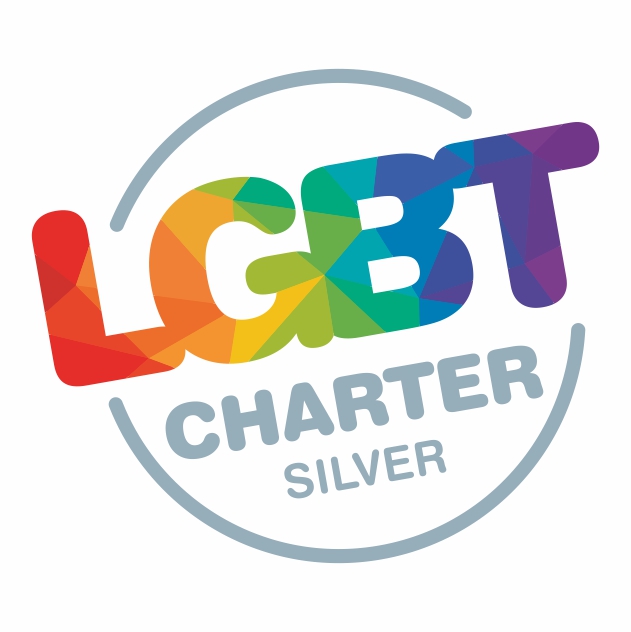Computing Science
Staff
Mr B Mills (Faculty Head)
Mrs J Weir
Mrs C Black
Why Choose Computing Science?
Computing Science is vital for everyday life; it shapes the world in which we live and its future. Computer scientists play key roles in meeting the needs of society today and for the future, in fields that include science, communications, entertainment, education, business and industry.
Learners will develop an understanding of the central role of computer scientists as problem-solvers and designers, able to design, implement and operate hardware and software systems, and the far-reaching impact of information technology on our environment and society. They will also develop a range of transferable skills for learning, skills for life and skills for work, opening up a wide range of career and study opportunities.
Computing science does this by beginning to develop the following skills, knowledge and understanding:
- Developing short computer programs using software development environments eg Visual Basic, Games Design
- Understanding the role and impact of computing and information technologies on the environment and society
- Investigating an emerging and innovative software development technology
- Developing simple information systems
- Web authoring
- Applying basic computing and information science knowledge and skills to create solutions
National 5 and Higher Computing Science
Level of Courses Available:
National 5/Higher
Course Outline
Computing Science shapes the world in which we live and its future. The course brings together elements of technology, science and creative digital media, providing an insight into the challenge, excitement and reward to be found in these areas.
The course helps candidates to understand computational processes and thinking. It covers a number of unifying themes that are used to explore a variety of specialist areas, through practical and investigative tasks. The course highlights how computing professionals are problem-solvers and designers, and the far-reaching impact of information technology on our environment and society.
Relevant Prior Learning
Continuing pupils: pupils who achieved a National 5 A or B qualification should cope with the demands of the Higher course. Historically, pupils achieving below this have struggled to achieve a pass.
Crashing: pupils electing to crash Higher Computing should have excellent numeracy skills, evident through having successfully achieved National 5 Maths at grade A or B.
Types of Learner
The course helps candidates to understand computational processes and thinking. It covers a number of unifying themes that are used to explore a variety of specialist areas, through practical and investigative tasks. The course highlights how computing professionals are problem-solvers and designers, and the far-reaching impact of information technology on our environment and society.
Necessary Skills
Pupils require strong numeracy and problem solving skills. The ability to work independently and deploy effective problem solving skills to find solutions to complex specifications are necessary. The course will develop problem solving skills such as Computational thinking but having a good foundation of problem solving and independent learning skills will be of advantage to the pupil.
Career Progression
This course is designed for learners who are considering further study or a career in computing science and related disciplines. It provides opportunities to enhance skills in planning and organising, working independently and in teams, critical thinking and decision making, research, communication, and self- and peer-evaluation, in a range of contexts.
Course Content
The course content is organised into 4 units:
- Software Development
- Database Development
- HTML Development
- Computer Systems
Software Development
In this Unit, learners will develop and learn Database Development practical and theory skills
- Candidates develop knowledge, understanding and practical problem-solving skills in software design and development, through a range of practical and investigative tasks using appropriate software development environments. This develops their programming and computational-thinking skills by implementing practical solutions and explaining how these programs work. Tasks involve some complex features (in both familiar and new contexts), that require some interpretation by candidates. They are expected to analyse problems, and design, implement, test and evaluate their solutions.
Database Development
In this Unit, learners will develop and learn Database Development practical and theory skills
- Candidates develop knowledge, understanding and practical problem-solving skills in database design and development, through a range of practical and investigative tasks. This allows candidates to apply computational-thinking skills to analyse, design, implement, test, and evaluate practical solutions, using a range of development tools such as SQL. Tasks involve some complex features (in both familiar and new contexts), that require some interpretation by candidates.
HTML Development
In this Unit, learners will develop and learn HTML Development practical and theory skills
- Candidates develop knowledge, understanding and practical problem-solving skills in web design and development, through a range of practical and investigative tasks. This allows candidates to apply computational-thinking skills to analyse, design, implement, test and evaluate practical solutions to web-based problems, using a range of development tools such as HTML, CSS and Javascript. Tasks involve some complex features (in both familiar and new contexts), that require some interpretation by candidates.
Computer Systems
In this Unit, learners will develop and learn Computer Systems theory skills
- Candidates develop an understanding of how data and instructions are stored in binary form and basic computer architecture. They gain an awareness of the environmental impact of the energy use of computing systems and security precautions that can be taken to protect computer systems.
Assessment Arrangements
The course is broken down into both a practical assignment and a theory examination.
The exam counts for 69% of the overall course grade. The practical assignment counts for 31% of the overall course grade.








